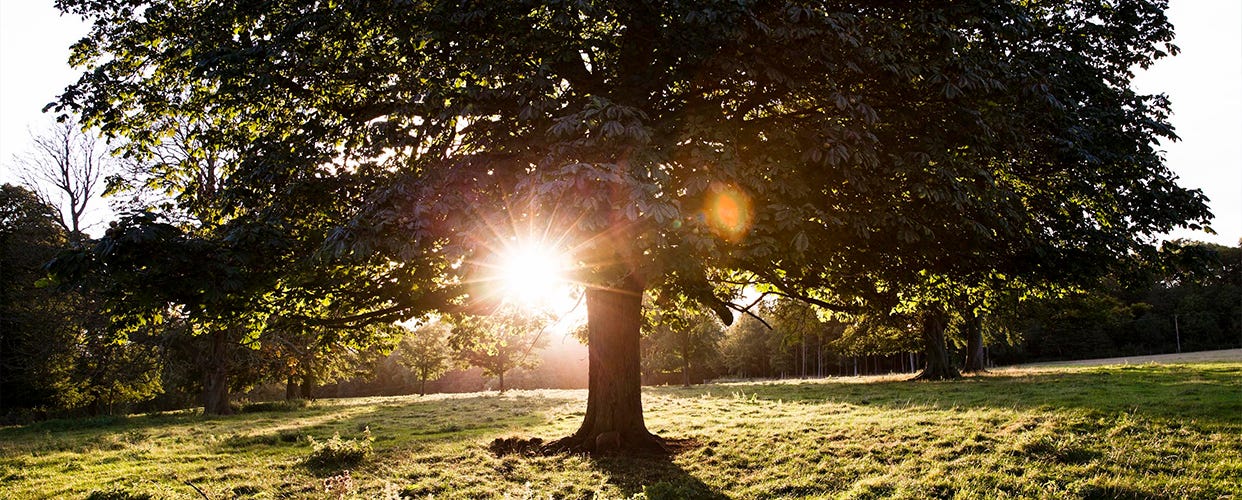
Refuse, Reduce, Reuse, Repair, Recycle, Rehome, Rot
Making a few small changes can have a huge impact on the amount of waste we produce. By continuing to follow the steps outlined below, Daylesford hopes to remain one of the most sustainable restaurants and organic farms in the UK.
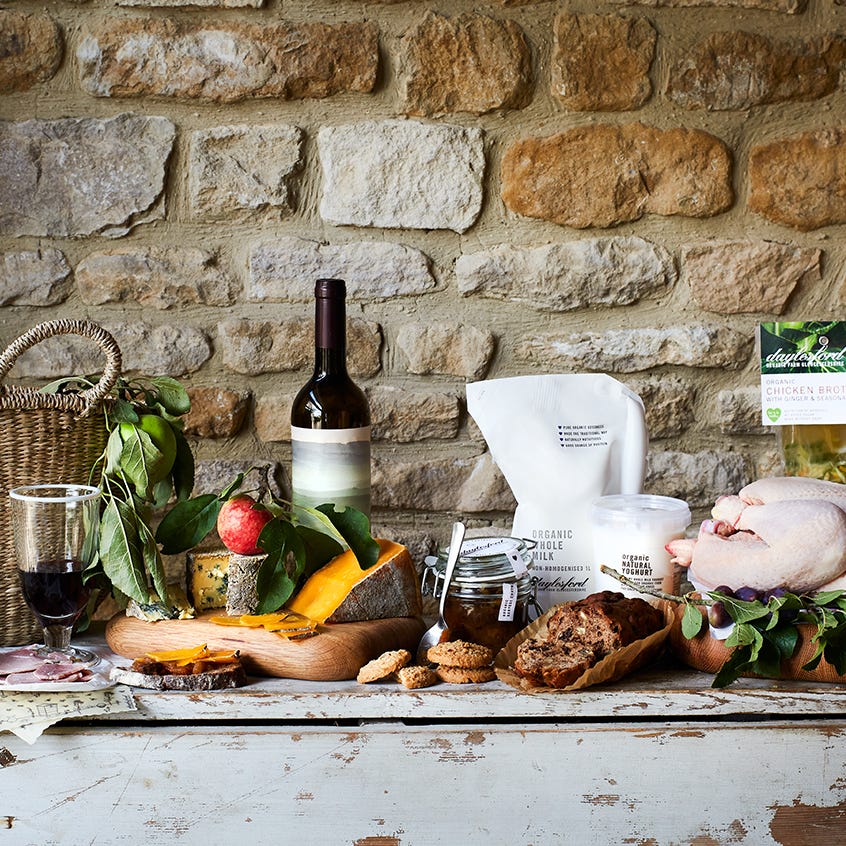

REFUSE
The first step to controlling waste is refusing to buy or accept any unnecessary food, packaging or materials. As a consumer, this is as simple as refusing plastic by taking your own shopping bags and buying unpackaged fruit and vegetables.
At Daylesford, we refuse to accept products from our suppliers that are packaged in unnecessary plastics and we have never given our customers plastic carrier bags in our farmshops.
REDUCE
UK households waste £10bn of food every year, and much of this is due to overbuying. Avoid the temptations of multi-buy offers for fresh products unless you are able to use the extra items, or freeze them for later.
To avoid food spoiling, try to buy fresh food several times a week in smaller quantities. For dry goods, buying smaller quantities more often increases the amount of packaging coming into your home, so consider buying larger sizes of regularly used products or refilling at a bulk supermarket. Our Daylesford farmshops avoid waste from spoilage by ordering fresh fruit and vegetables on a daily basis, and our production units send bulk containers to the stores for use in our kitchens.
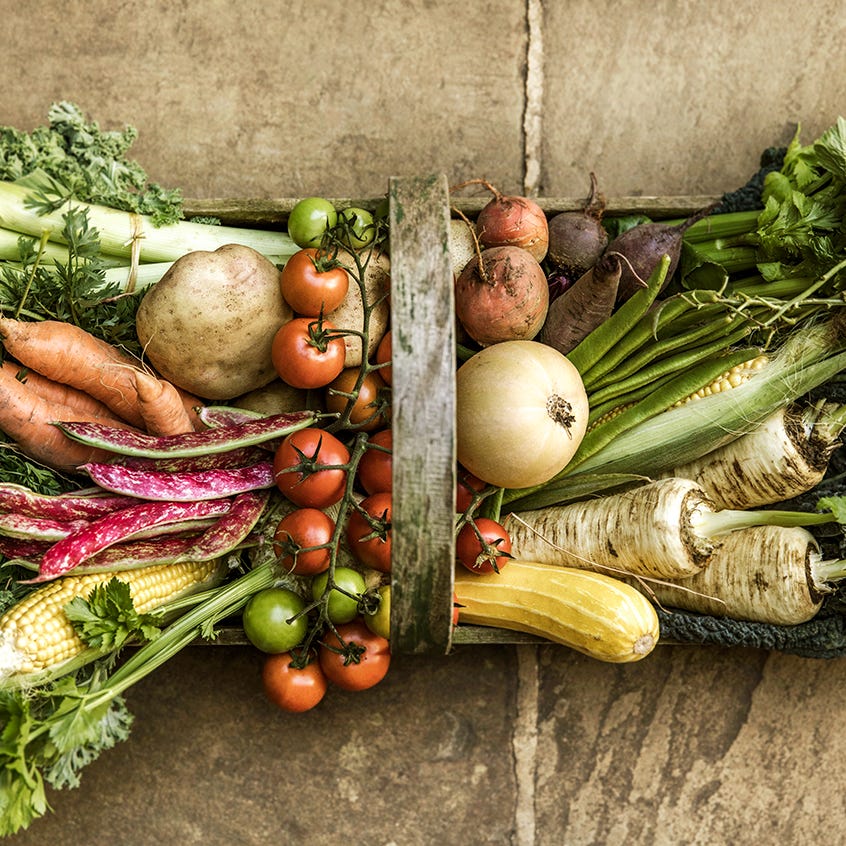

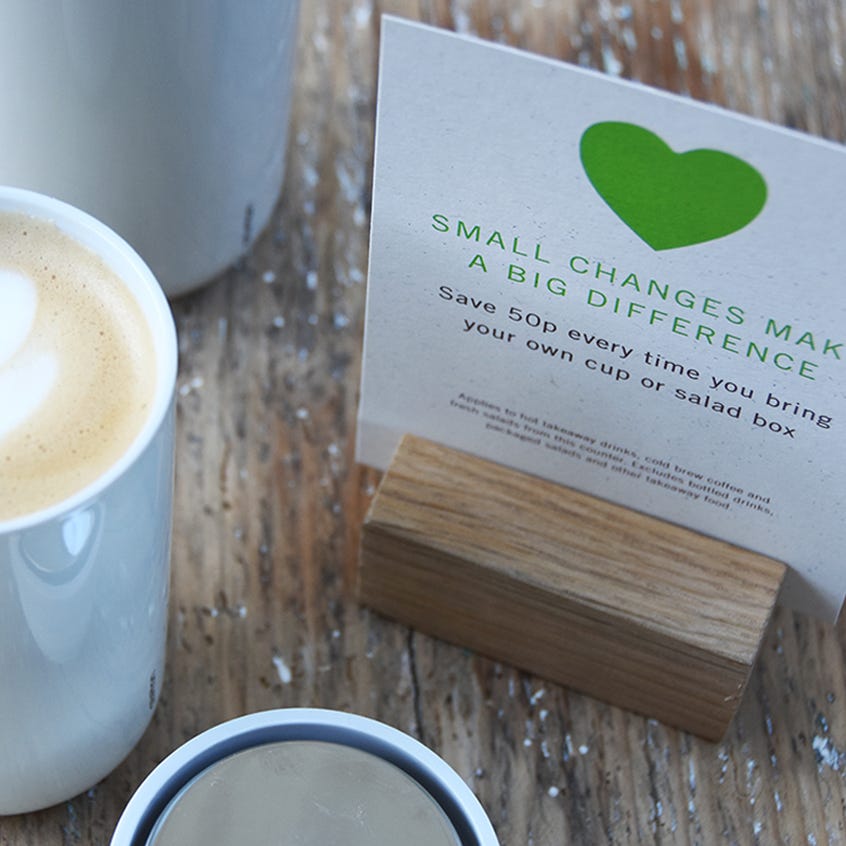

REUSE
The smartest way to shop is considering how to reuse or repurpose the packaging from every product.
Glass jars are a perfect example: once you have finished off the last of your jam or chutney, take the clean jar down to your local bulk shop and refill it with dry goods.
Buying recycled materials is another way to reuse, as it helps to reduce the use of virgin materials. At Daylesford we source our packaging from recycled materials wherever possible.
Investing in a reusable coffee cup and some good quality storage containers will save hundreds of single use cups and takeaway food trays every year. If you bring them to any of Daylesford’s food to go counters, you will be rewarded with 50P OFF. We also encourage all of our staff to do the same.
REPAIR
Modern single-use culture and the abundance of cheap plastics leads many people to throw away items at the first sign of wear. When buying clothes or household goods, invest in good quality materials that will last.
Learning skills like sewing and how to replace a fuse will allow you to keep items for much longer. For more complicated issues, there are several council-run repair centres where you can take small appliances to be repaired for free.
At Daylesford, our teams schedule regular maintenance for all of our buildings and equipment to keep them running efficiently.
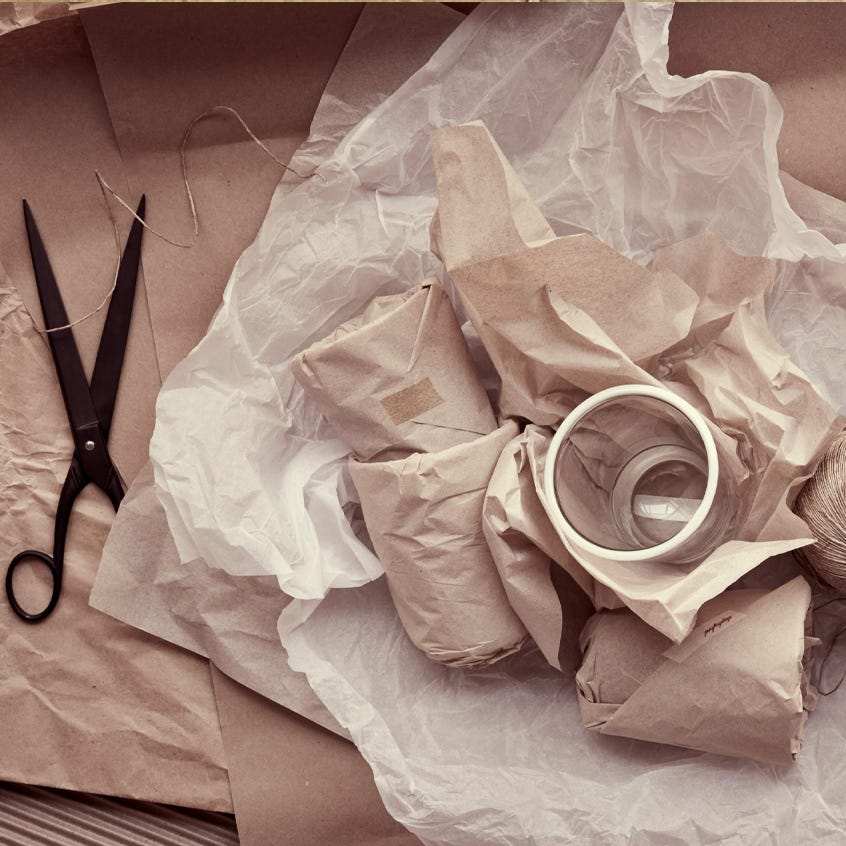



RECYCLE
Once a product can no longer be used or repaired, it must be disposed of responsibly. Conscious consumers will buy only products that use recyclable or home-compostable packaging. It is now easier than ever to recycle mixed dry materials via kerbside collections at home, and we use the same recycling service at Daylesford.
Textiles that are too worn to donated to charity can be dropped in a textile collection bank, which collects fabrics to break down and remake into new clothing. Even small electrical appliances can be taken to a recycling bank, and most phone companies will offer to recycle your old mobile.
REHOME
We work closely with our partners at The Felix Project to ensure that any surplus food from our London farmshops is collected and distributed to charities who provide fresh, healthy meals to the most vulnerable members of society.
Customers can also donate food to these charities using the food drop point at our Notting Hill shop. For all non-food items, anything in good condition should be donated to a local charity shop for resale.
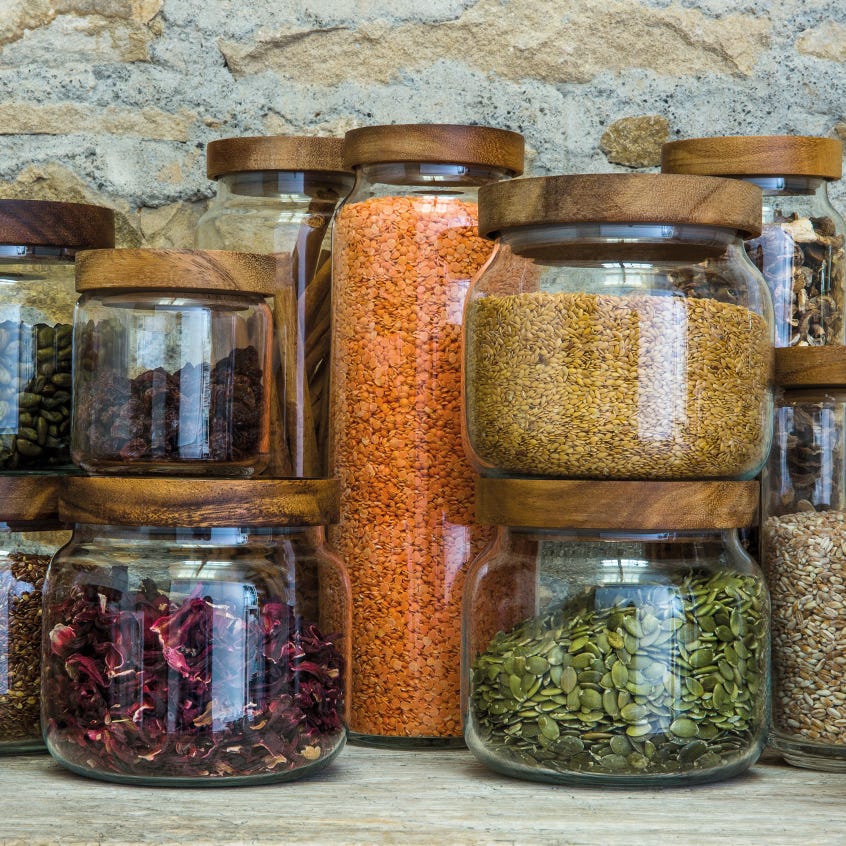

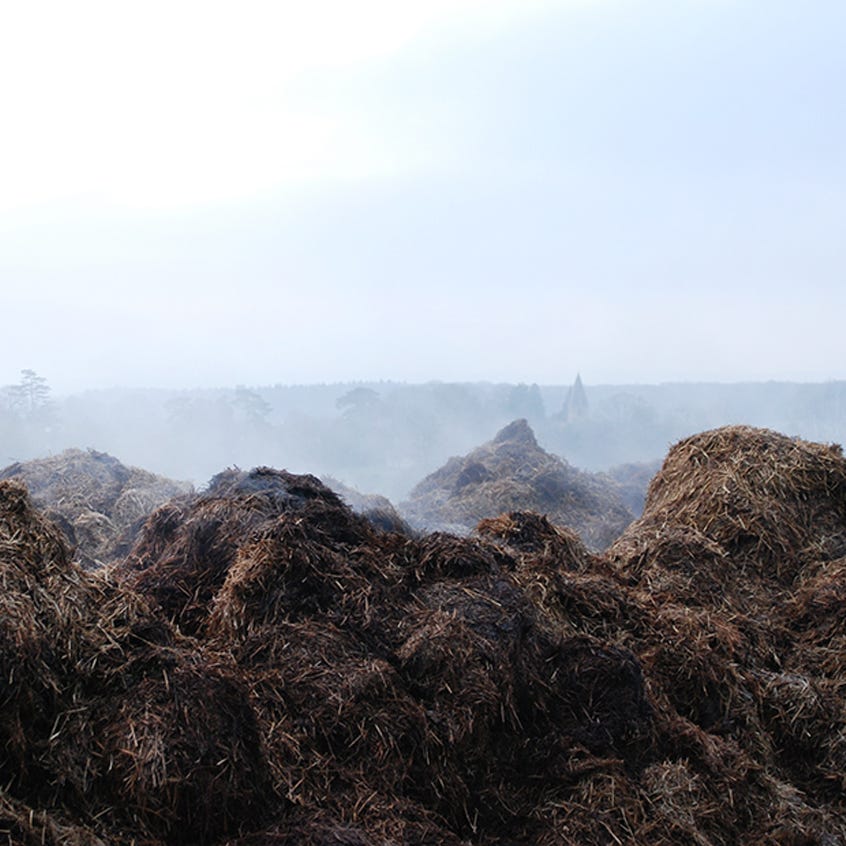

ROT
The final stage is composting leftover food. Most councils now accept compostable food waste bags in their kerbside collections, and you should put both raw and cooked food inside.
At our organic farm in the Cotswolds, food scraps from the kitchens and café are an essential component of the compost used in the Market Garden. In London, all of our unusable food is collected and sent for anaerobic digestion, where it is broken down by microorganisms to produce renewable energy.
These initiatives support the UN Sustainable Development Goals.
